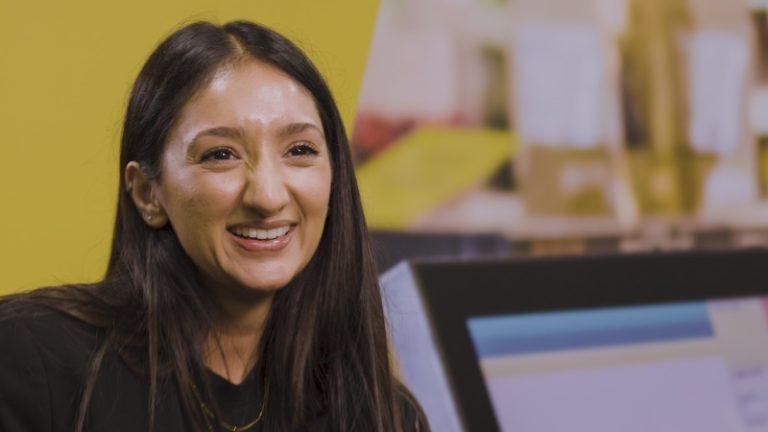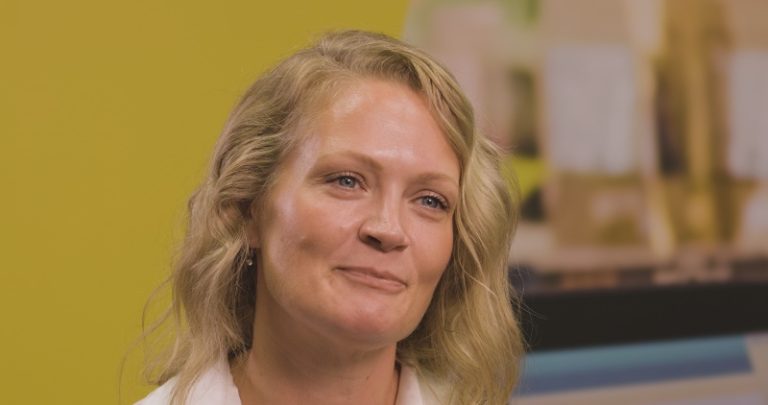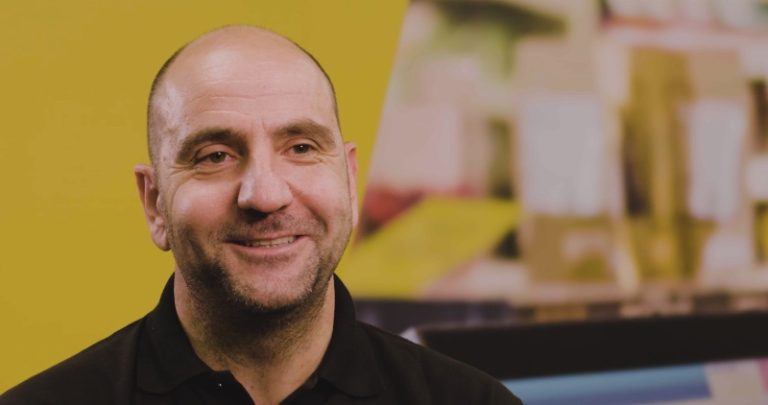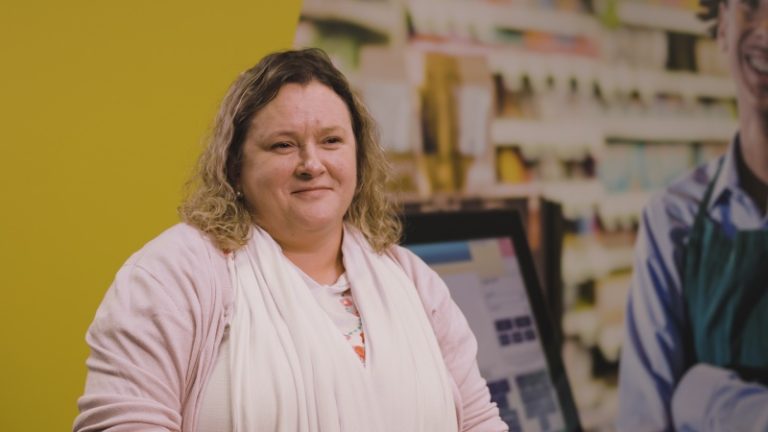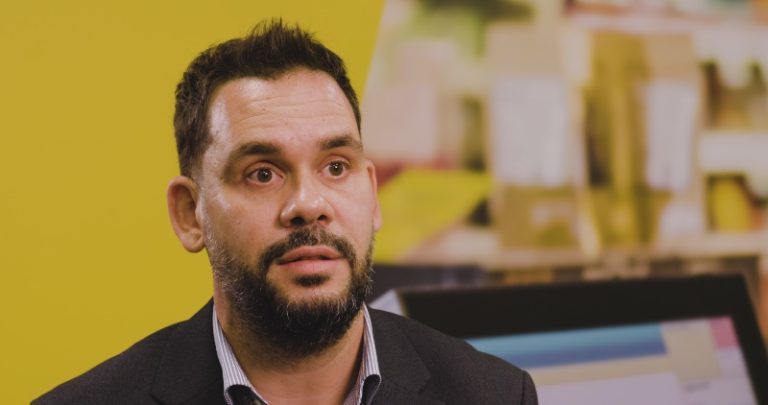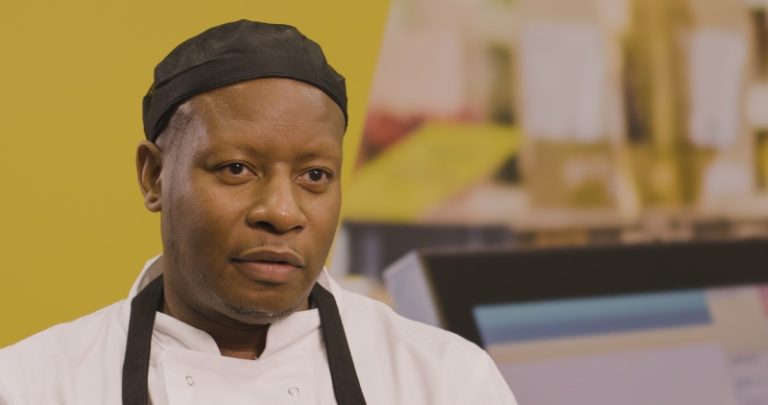What does a lighting visualiser do?
What does a lighting visualiser do?
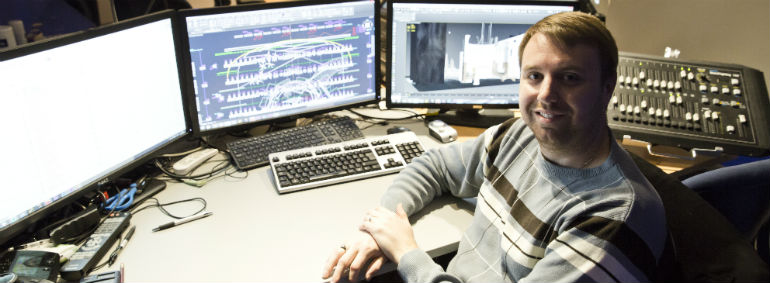
James Simpson is a lighting visualiser at the Royal Opera House and prepares and plans lighting designs for productions. But what does his job involve and how did he get started?
What do you do?
My job is to support the lighting department and our lighting designers to create the lighting for our shows.
What does a typical week involve?
Typically, I’d have a couple of studio sessions with a lighting designer. They could be one of the international designers who are coming over to light a show or it could be one of our in-house designers who are recreating a revival – when a show comes back on stage, it’s our job to recreate the lighting in-house.
Between that, I’ll have the usual variety of meetings. The rest of the time I’m actually building models in 3D, so I have to use 3D modelling programmes like 3D Studio Max and AutoCAD – they’re the same sort of 3D tools used to make Toy Story and those sort of films.
I work with the model room and production department to understand their plans and sets and then build a 3D model. I then work with the lighting department to understand where the lights will be and talk to stage management to work out where the props should go. I liaise with every technical department and bring it all together into a digital file so we have a working version of the production.
The rest of the time, there’s a constant requirement to learn new software as there are always new versions and developments. It’s very different from when I started six years ago, it’s even different from a year ago.
What do you enjoy most and least about your work?
I really do love my job. The bit I love most is when I’ve been doing a 3D model and suddenly it’s 3pm in the afternoon, and I’ve forgotten about lunch – I’ve just been so absorbed in it – and I come home feeling like I’ve done a really good day’s work. But I also really love it when a lighting designer comes in and uses my model, especially when it works well on stage.
The thing I like least about the job is time pressure – when there’s a deadline and you’re struggling to meet it because you’ve got too many things on or you haven’t got enough information from other departments. That’s just the life of theatre, I think. It’s what we do: deal with time constraints.
What makes you suited to your job?
I am good at working on my own and planning my time very carefully. I can work with a team when I need to but then the rest of the time I’m in my own little bubble.
How did you get into your current line of work?
I was in theatre from a very young age in amateur dramatics and that sort of stuff, so I chose all my career goals to go into theatre lighting. I did a lighting design degree and then because I wanted to get into lighting design straight away, I went to work for an architectural lighting company and designed lighting for museums and retail spaces.
Then the recession hit. The lighting department kept itself going by starting daylight studies – working out how to put more daylight into buildings to save energy and money and so I learnt how to model a room in 3D. Then my wife saw this job advertised in The Stage and encouraged me to apply. With my theatre background, including time freelancing and working with companies like English Touring Opera, and my 3D modelling experience, I got the job.
What advice would you give someone starting out?
I think 3D modelling is going to be a good career path because we’re on the cusp of a technological revolution with 3D printing. There’s loads of courses and degrees out there. In fact, the Royal Opera House encouraged me to get my Master’s degree in 3D/CGI.
Going for a theatre lighting degree or any sort of theatre training is enormous fun and it gives you great networking opportunities to build your career in the industry so when you graduate you can go straight into freelancing or into a position.
Get practical experience in lighting, working with amateur groups or doing freelance work at local theatres and build your way up.
Make sure you map out your career because there’s no point going into a 3D modelling degree if you want to be a lighting visualiser but never having any theatre lighting experience in that time.
What are your future career plans?
I love my job but I can’t see myself doing this until I’m 65. I think I would get frustrated. The next stage of my career would be to do some sort of management role, hopefully involving technology and lighting still as they are my passions. Alternatively, I’d be looking to keep doing what I’m doing but working more for concerts and corporate work. But really I’d rather stay here for another 10 years. I could do this job for another 10 years quite happily.
